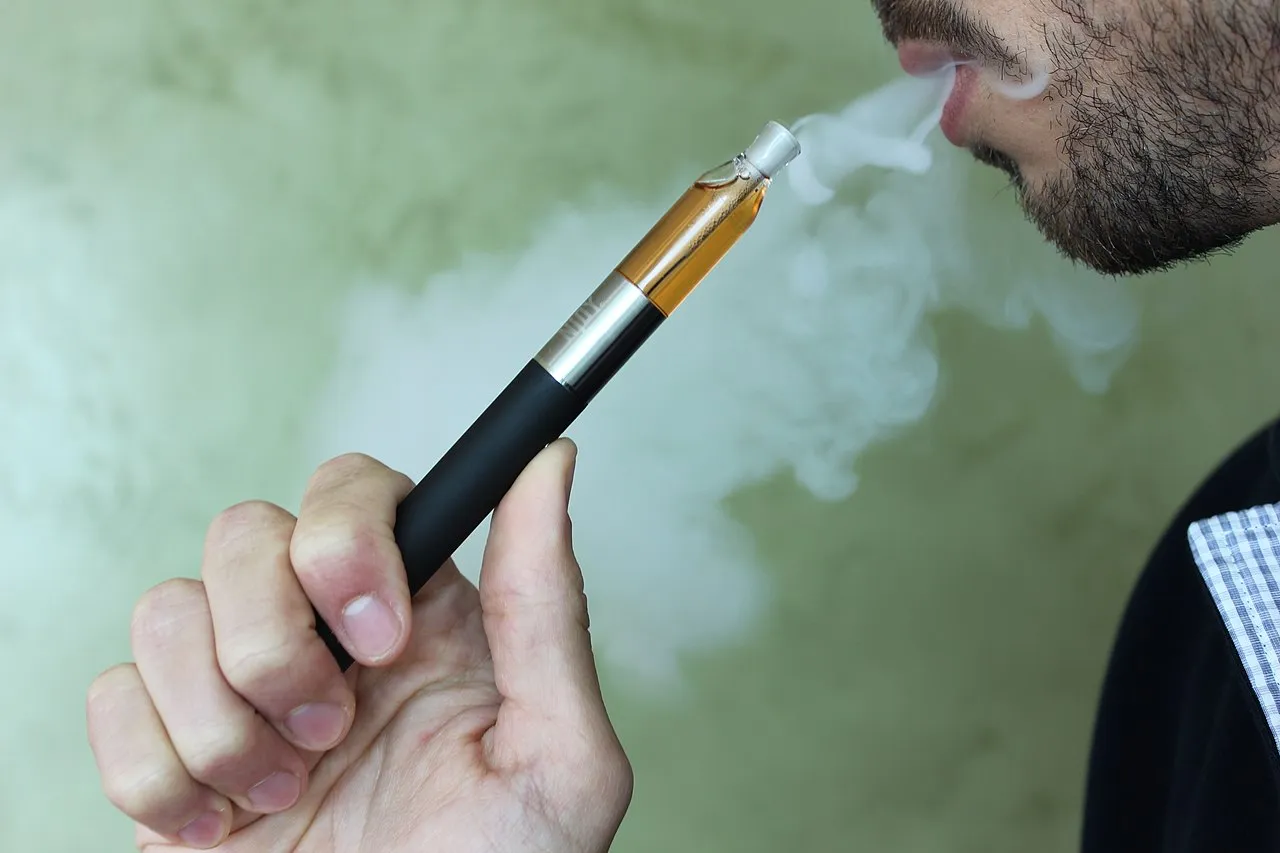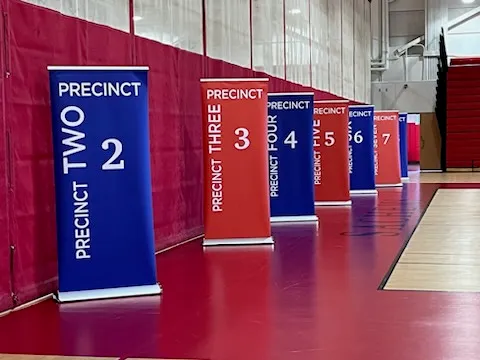Table of Contents
Winchester High School is joining a growing number of schools nationwide taking technological action against teen vaping, as officials approved a $25,000 plan to install electronic vape detectors in school bathrooms amid rising health and safety concerns.
The Winchester Select Board voted Feb. 10 to allocate funds from the town’s Hospital Gift Account for the installation of 23 Zeptive vape detectors at the high school, a significant increase from the 16 detectors initially proposed. The expansion came after Zeptive representatives conducted an on-site assessment.
Recent FDA data underscores the scope of the crisis: 7.8% (approximately 2.25 million) of U.S. middle and high school students reported current use of tobacco products in 2024, with e-cigarettes being the most commonly used. About 26.3% (approximately 592,000) of current youth e-cigarette users report daily use, and 87% (approximately 1.96 million) prefer flavored varieties.
Health experts warn these numbers represent a serious public health threat. The CDC reports that nicotine exposure during adolescence can harm brain development, affecting attention, learning, mood and impulse control. Studies also show teens who use e-cigarettes are more likely to begin smoking traditional cigarettes.
“Students are refusing to go to the bathroom because there’s so much vapor going on inside,” said Dorothy Butler, of the Winchester Coalition for a Safer Community. “Parents write me emails complaining about it, too. I work closely with Anna Paradise and Dennis Mahoney, and then we brought the project to Dr. Frank Hackett, and they’re in full agreement. There’s a problem.”
The battery-operated detectors will alert school administrators through computer and phone software when vaping is detected. Winchester Public Schools will assume responsibility for maintenance and repair costs after installation. The funding comes from the Hospital Gift Account, which currently holds $87,330.59.
The school plans to work with local police to enhance security measures. The school resource officer will communicate with resource officers from neighboring communities to share information about potential issues and coordinate responses.
In Massachusetts, researchers have documented a 900% increase in e-cigarette use among high school students in recent years. Beyond nicotine addiction, vaping can cause significant lung damage. A 2019 outbreak of e-cigarette, or vaping, product use-associated lung injury (EVALI) resulted in 2,807 hospitalizations and 68 deaths nationwide.
“My job is prevention and education. I do the education all the time. The prevention is not always so easy to get buy-in from people,” Butler said, noting that while education happens consistently, implementing preventive measures often faces more challenges.
The initiative has gained support from students. Michaela Jens, a Winchester High School senior, acknowledged during public discussions that students recognize the extent of the problem and support efforts to address it through both enforcement and education.
Harvard Health researchers have identified numerous harmful chemicals in e-cigarette vapor, including some linked to increased cancer risk. The environmental impact is also concerning, with millions of disposable vapes being discarded weekly, leading to toxic substances leaching into the environment.
Before installation begins, the school district will develop comprehensive protocols for responding to alerts and determining appropriate interventions. The system will be monitored by school administrators who receive notifications directly through computer and phone applications.
Installation is expected to begin in the coming months, following staff training and community notification. The project represents part of a broader strategy to address vaping concerns while supporting student health and safety in Winchester schools.
School officials will track incidents and share data with other districts considering similar measures. The Select Board’s approval includes provisions for regular updates on the system’s impact and effectiveness, ensuring accountability for this investment in student health and safety.
The initiative comes as more schools nationwide implement similar measures to combat what the FDA has called an “epidemic” of youth vaping. Winchester’s approach combines technological deterrence with education and support services, reflecting growing recognition that addressing teen vaping requires a multi-faceted strategy.







